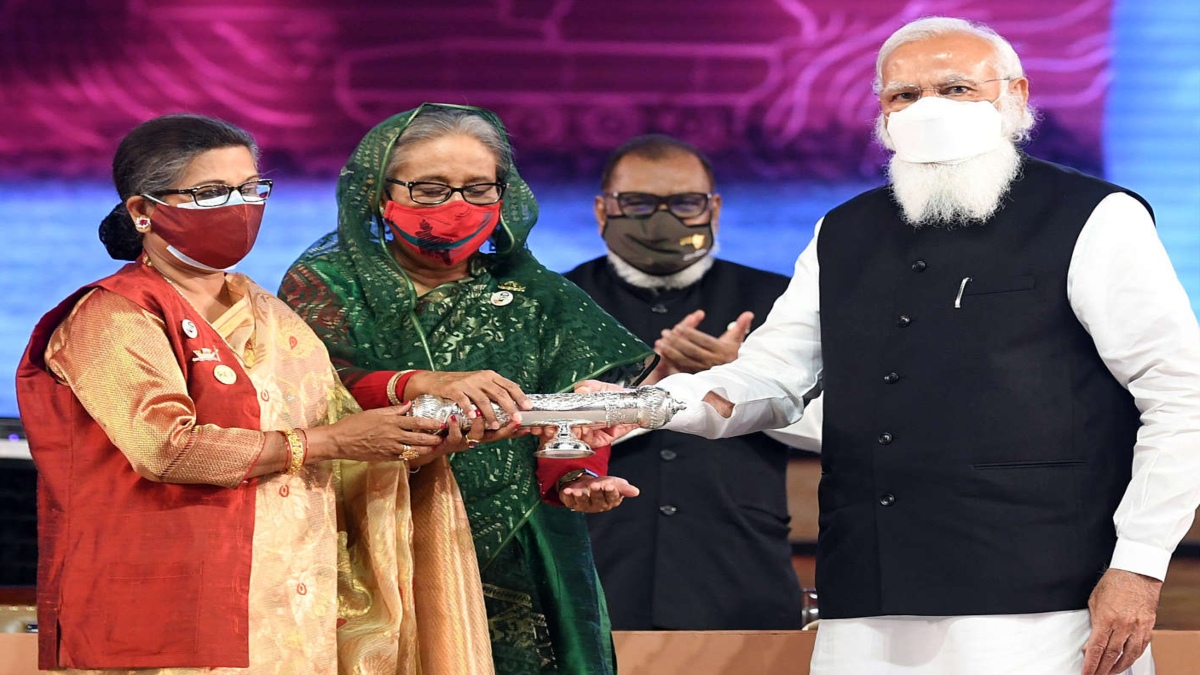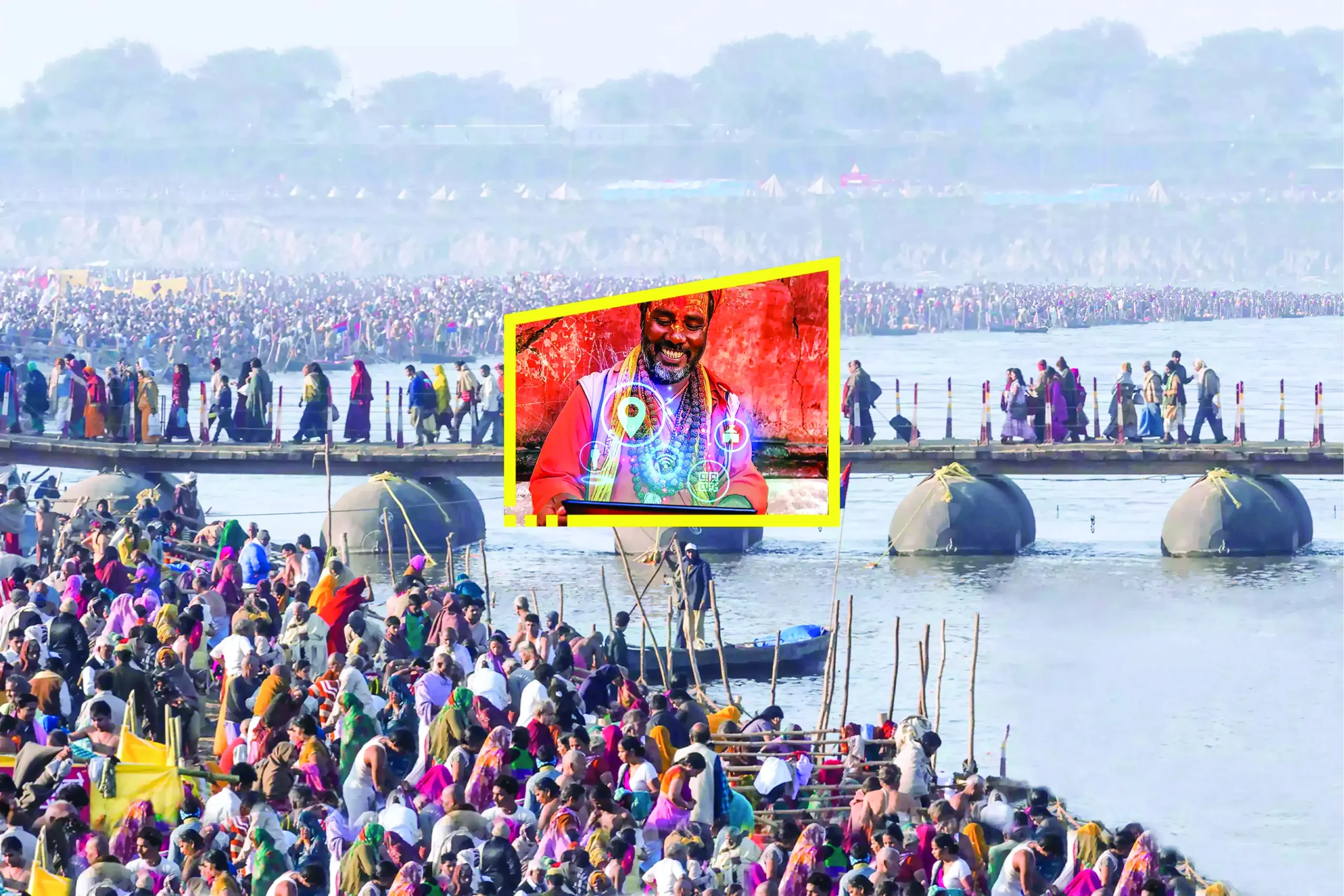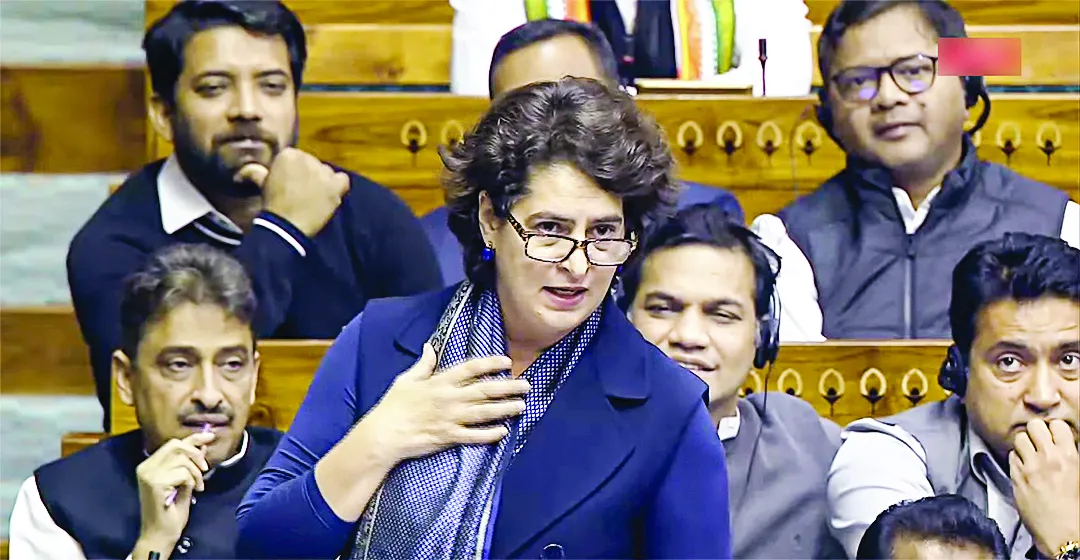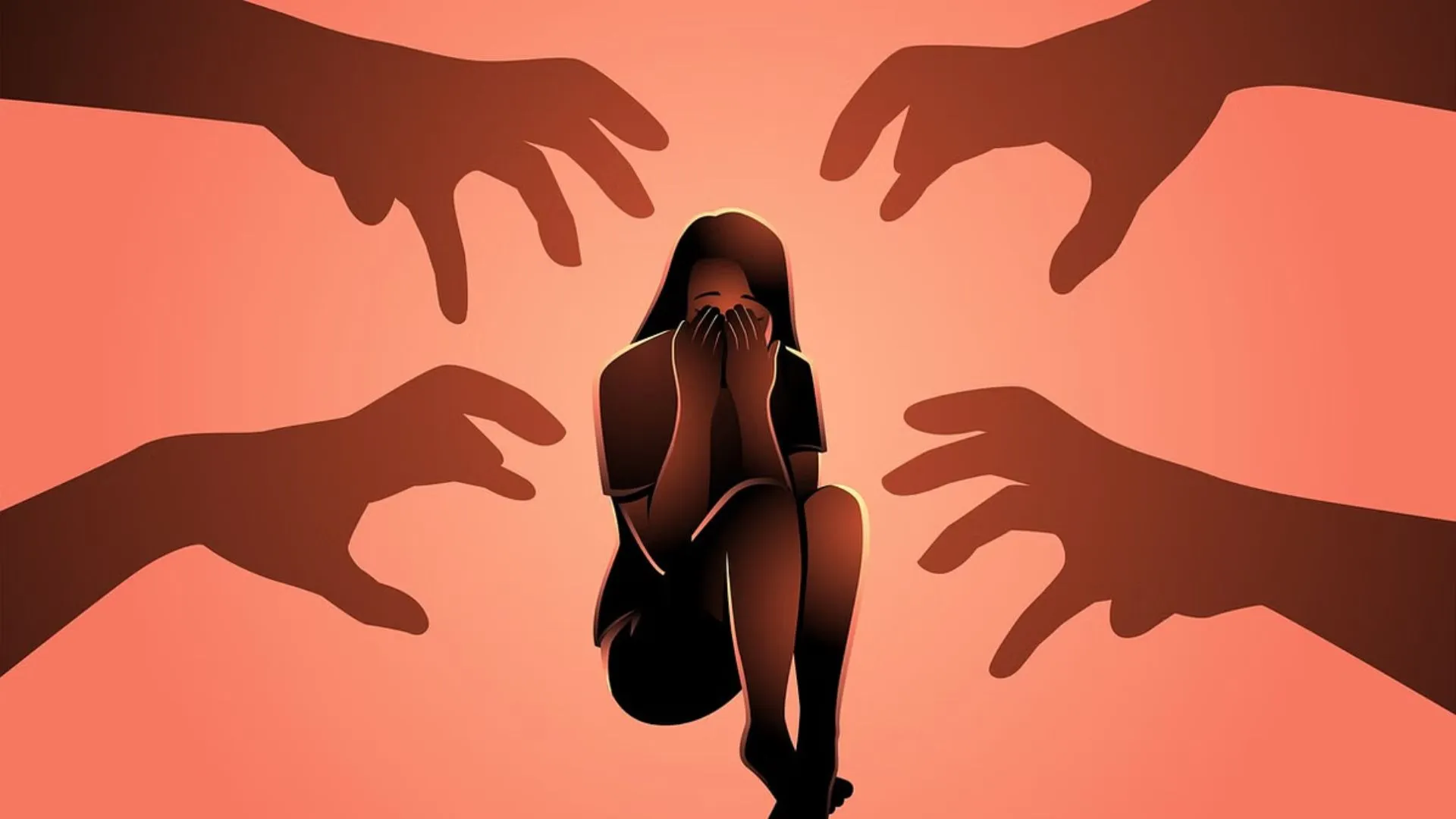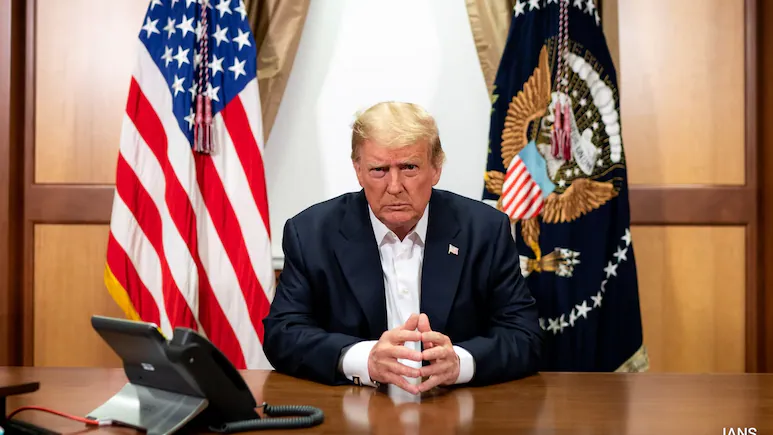Bangladesh witnessed reprehensible violence during and post Prime Minister Narendra Modi’s visit to that country to mark the 50th anniversary of the creation of Bangladesh and the birth centenary of its founder, Sheikh Mujibur Rahman. Islamists of various hues made the visit a pretext to unleash the worst kind of violence on the minority community there, namely the Hindus, reminding us once again that just beneath the surface of the syncretic Bengali culture that Bangladesh prides itself in, there is a very volatile force of fundamentalism. Let’s not forget that this is the same country which has witnessed the worst kind of extremist violence in the past, particularly in the period of 2013 to 2016, during which those opposed to the fundamentalists including atheist bloggers were attacked and in some cases even hacked to death. During this period, Dhaka also witnessed one of the worst terrorist attacks, when in July 2016, well-to-do but radicalised youngsters laid siege to a café with weapons, resulting in the death of 29 people, including 20 hostages. Hindus and other minority communities have been under threat in that country for a long time, with the Hindu population coming down from around 30% in 1947 to around 9% at present. According to Dr Abul Barkat of Dhaka University, if this exodus of Hindus continues, in three decades, Bangladesh may not have a single Hindu left.
The problem is, radical extremism seems to be rearing its head in Bangladesh once again. In fact, Sheikh Hasina, herself a figure of moderation and inclusion, is being accused by her critics of practising appeasement policies towards hardline groups. There is no denying that the Bangladesh Prime Minister has been acting against extremist groups, particularly those owing allegiance to Al Qaeda and ISIS that have been trying to find roots in this Islamic country. And now her government has revived over 80 terror cases against the extremist group Hefazat-e-Islam, which in the past, under the leadership of the extremely influential Shah Ahmed Shafi, had issued a 13-point charter seeking things like the enactment of a blasphemy law with provision for death penalty, a ban on the mixing of men and women in public places, exemplary punishment for atheists, ban on erecting sculptures and statues and declaring the Ahamadiyyas as non Muslims.
The problem is, in spite of all this, and in spite of the fact that HIM had unleashed mayhem in Dhaka in the past demanding the enactment of the blasphemy law, Sheikh Hasina’s Awami League government was seen to be soft towards it, apparently because it acted as a counter to the pro-Pakistani Jamaat-e-Islami Bangladesh. Many of Jamaat’s leaders were convicted of war crimes committed during Bangladesh’s liberation war, while the Jamaat itself was derecognized by the Supreme Court. Analysts say that HIM is filling up that vacuum. The HIM is a coalition of organizations that have bases in over 25,000 madrasas spread across Bangladesh. In fact, some of the groups that are a part of HIM were responsible for driving out Taslima Nasreen from Bangladesh in 1994. As recently as 2017, the Hasina government gave in to pressure from HIM and removed a Goddess of Justice statue from the Supreme Court premises and even recognized a madrasa degree as equivalent to a postgraduate degree. It doesn’t help matters that these Islamist groups can cause street havoc and bring life to a standstill even in Dhaka if they want to, or that they wield enormous influence in the rural areas.
Reports suggest that HIM, under its new leader, Junaid Babunagari, was behind the protests against PM Modi’s visit. It’s a different matter that the visit was an excuse to unleash mayhem on Hindus, because as HIM’s track record shows, it is part of the problem that Hindus face in Bangladesh. India has been worried about the rise of this group. But now with the reopening of the terror cases against HIM, the Awami League government has woken up to the threat that HIM poses to Bangladesh. According to Bangladeshi media reports, Awami League leaders have admitted the mistake they made by not taking on HIM in 2013 when it was wreaking havoc in Dhaka.
In other words, the situation is precarious and Bangladesh, which is doing very well in several indices, faces the risk of going the Pakistan way if the regressive forces have their say. There is reason to believe that Pakistan, backed by China, is very much involved in radicalising several sections, since the target is to create trouble for India along its border with Bangladesh. Sheikh Hasina is the best option for Bangladesh to stay stable, forward looking and increasingly prosperous. That she is pro India is of immense importance to India. That Prime Minister Narendra Modi himself went for Bangladesh’s golden jubilee celebrations shows the kind of value that India gives to the India-Bangladesh relationship. To have a stable neighbourhood, India needs to help Sheikh Hasina counter the radical elements in her country, for which some progress is being made in the area of anti terror cooperation. It’s in India’s interest that Bangladesh remains stable and prosperous.

